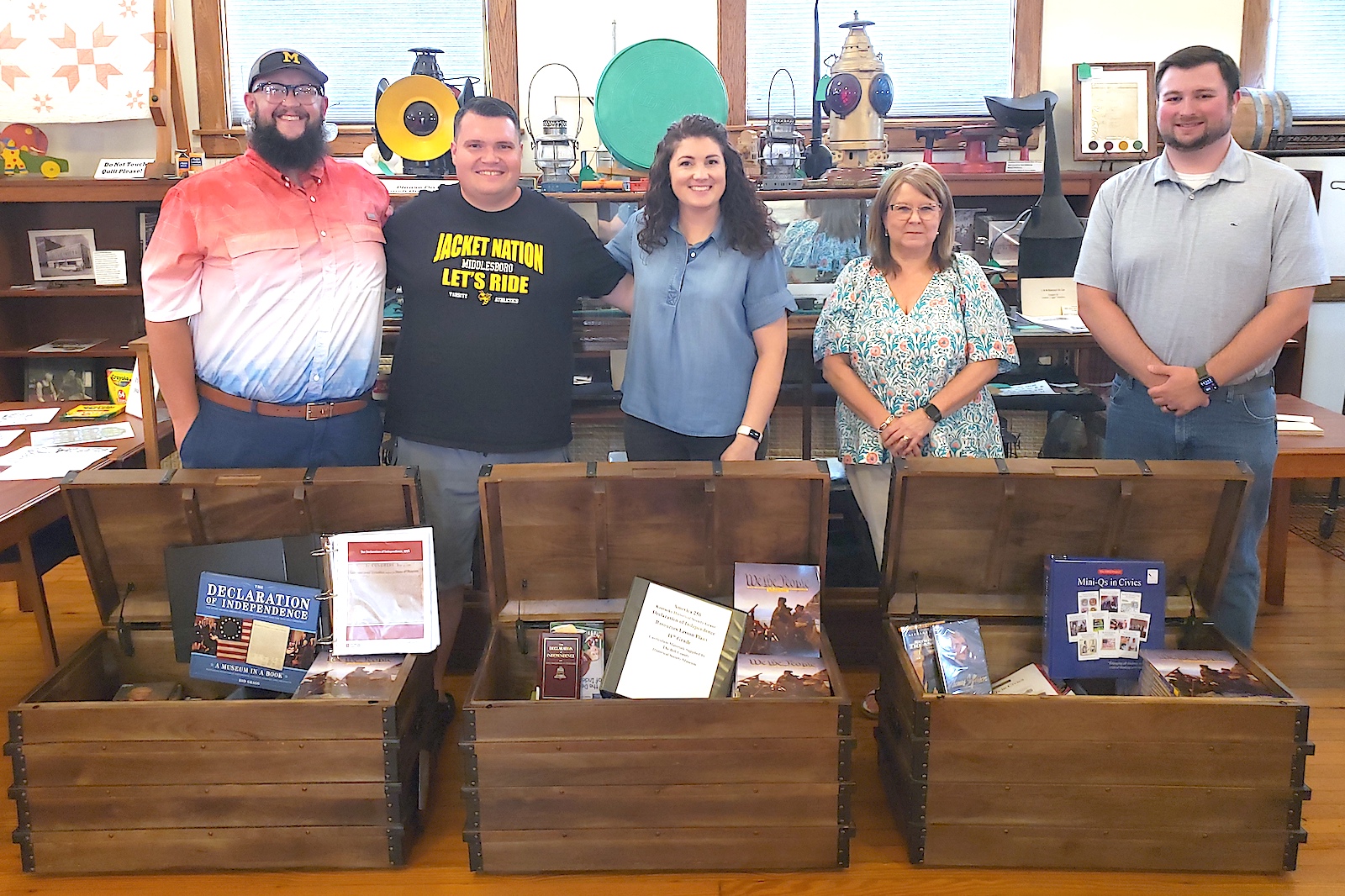Friends of the Shelter success story
Published 9:21 am Thursday, March 22, 2018
Taking care of animals is an important part of not just being a pet owner, but a member of the community as well. Stray animals can pose a myriad of issues in a community.
According to their website, the Friends of the Shelter was created in 2001 by Jennifer Nagle, Betty Nagle and Dinah Presnell to help with the homeless and unwanted population of animals in Bell County.
For over a decade now, the Friends of the Shelter group has been able to make a genuine impact in the community. The Spay and Neuter Assistance Program (SNAP) was introduced — which helped financially limited pet owners spay and neuter by paying some of the cost.
Trending
Their website states that by 2006, FOS had begun working with the Bell County Animal Shelter by expanding the spay and neuter adoption process as well as educational programs for schools in the area. FOS has even provided adoption-ready dogs to other states through the All Breed Dog Rescue Program.
At the March 20 Middlesboro City Council meeting, FOS spoke of their successes to the council.
“I think all of you can remember maybe 20 years ago in Bell County when the Post Office wouldn’t deliver mail because there was a pack of dogs running. I think we had garbage cans turned over at night, and you’d see dead animals on the road because they were getting hit by cars. So, Friends of the Shelter was formed to try and address some of those concerns. We had too many unwanted, uncared for animals. And so we said we’re going to try and do something about that,” stated Jennifer Nagle.
She also stated that in 2017, thanks to the SNAP program, FOS was able to spay and neuter 283 animals. Nagle also highlights that in the beginning the SNAP program wasn’t making much of a dent, but with steadfast dedication they were able to raise the numbers higher and higher to see real change in the community.
By 2011, FOS began to see an improvement in the number of animals brought to the shelter, and in 2017, they had a record low of 1,500 brought in, which is attributed to the success of the SNAP program.
“It’s been a worthwhile thing. We’ve got to continue; we can’t let up. We’d like to see it down to the point where we don’t have animals coming in anymore,” said Nagle.






